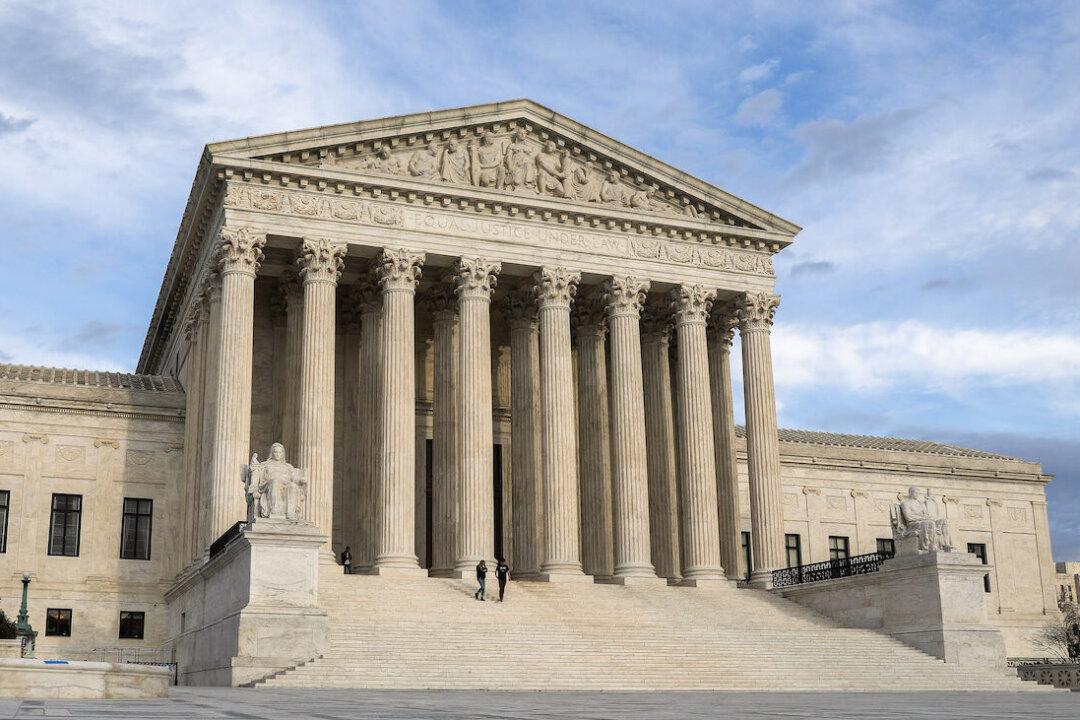The Trump administration has filed a notice indicating that it plans to ask the Supreme Court to review a recent lower court ruling that blocked it from excluding illegal immigrants from calculations used to apportion congressional seats from census numbers.
A three-judge panel in a New York district court last week ruled that Trump’s memorandum issued on July 21 was an illegal overreach of the president’s authority as delegated by Congress. The judges in an unsigned opinion declared the presidential memo unlawful and granted an injunction blocking the administration from enforcing it.




